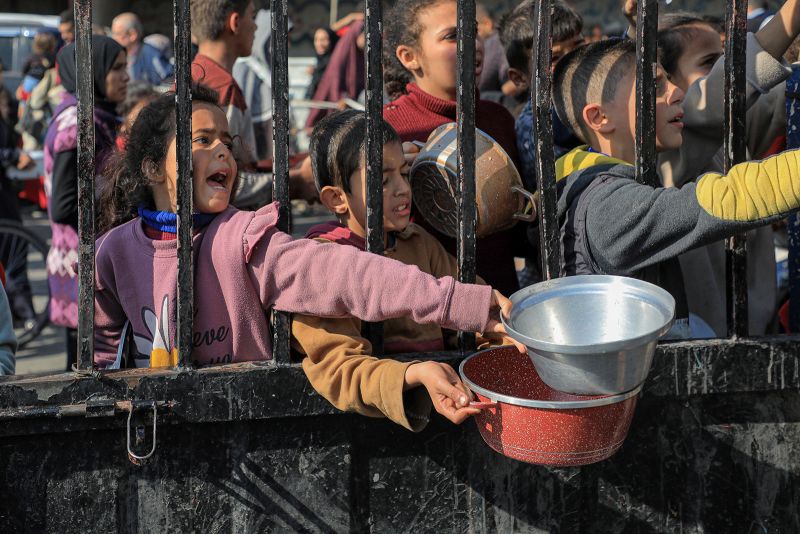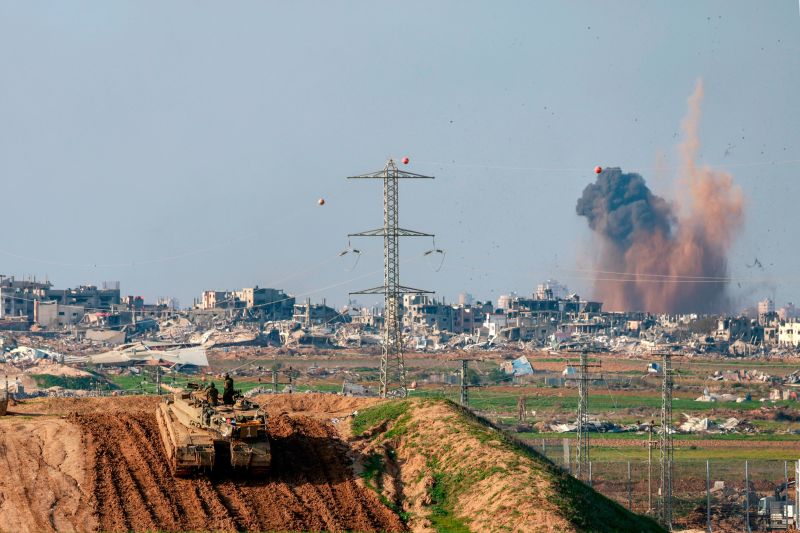
Qatar Brokers Deal for Medicine Exchange Between Israel and Gaza

Qatar has brokered a significant deal between Israel and Hamas to facilitate the exchange of medicines and humanitarian aid. The agreement aims to deliver medicines to Israeli captives in Gaza in exchange for aid to Palestinian civilians. This article provides an in-depth look at the deal, its implications, and the challenges involved in delivering the much-needed aid.
The Qatar-Brokered Deal
Qatar has announced that it has successfully brokered a deal between Israel and Hamas, paving the way for the delivery of medicines to Israeli hostages in Gaza. In return, humanitarian aid, including medicine, will be delivered to Palestinian civilians in the Gaza Strip. This significant agreement is aimed at addressing the urgent medical needs of both Israeli captives and Palestinian civilians, particularly those in the most affected and vulnerable areas.
The Qatari Ministry of Foreign Affairs confirmed the details of the deal in a statement released on Tuesday. According to the ministry, the medications and aid will depart from Doha and head to Egypt before being transported to Gaza. However, the timeline for the delivery of the medicines to Gaza remains uncertain. The announcement comes amidst growing concerns for the well-being of the hostages, with their relatives advocating for the delivery of essential medications.
Challenges and Urgency
The urgency of the situation is underscored by the plight of the hostages in Gaza. More than 100 hostages are believed to be alive in Gaza, with some enduring chronic illnesses that require immediate medical attention. The Hostages and Missing Families Forum has been vocal about the deteriorating health conditions of the captives, emphasizing the critical need for medications to be passed on to them.
The forum's report highlighted the dire circumstances faced by the hostages, including the physical and mental toll of their captivity. It revealed that a significant number of hostages suffer from chronic illnesses and require regular medications. Additionally, the harsh conditions of captivity have led to a deterioration in their health, further exacerbating their plight.
Since the escalation of hostilities in October, the situation in Gaza has become increasingly dire. The Hamas-run Ministry of Health in Gaza reported a staggering death toll, with over 24,000 Palestinians, including 10,600 children, losing their lives since the war began. The severe shortages of medicines and medical supplies have resulted in alarming conditions, with reports of operations being performed on children without anesthesia.
Children try to get food relief in the southern Gaza Strip city of Rafah, on December 31, 2023.
Key Brokers and Humanitarian Efforts
The involvement of key players in brokering the agreement has been pivotal in addressing the humanitarian crisis in Gaza. Qatar's instrumental role in facilitating the deal between Hamas and Israel has been widely acknowledged. The country's previous efforts in brokering a brief truce in November and securing the release of hostages and Palestinian prisoners have established Qatar as a key mediator in the region.
The International Committee of the Red Cross (ICRC) has also played a crucial role in facilitating humanitarian efforts in Gaza. While the ICRC facilitated the release of hostages in November, the organization has faced challenges in accessing the remaining captives. Despite its efforts, the ICRC has been unable to visit the hostages, raising concerns about their well-being and the delivery of essential medications.
The significance of the agreement brokered by Qatar is further underscored by the ongoing humanitarian crisis in Gaza. The UN has highlighted the dire situation, with an estimated 1.9 million people, comprising 85% of Gaza's population, being internally displaced. Furthermore, only 15 of the enclave's hospitals remain operational, intensifying the need for immediate humanitarian aid and medical supplies.
An Israeli tank takes position near the border with Gaza on January 16.















